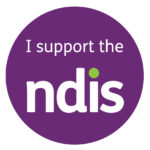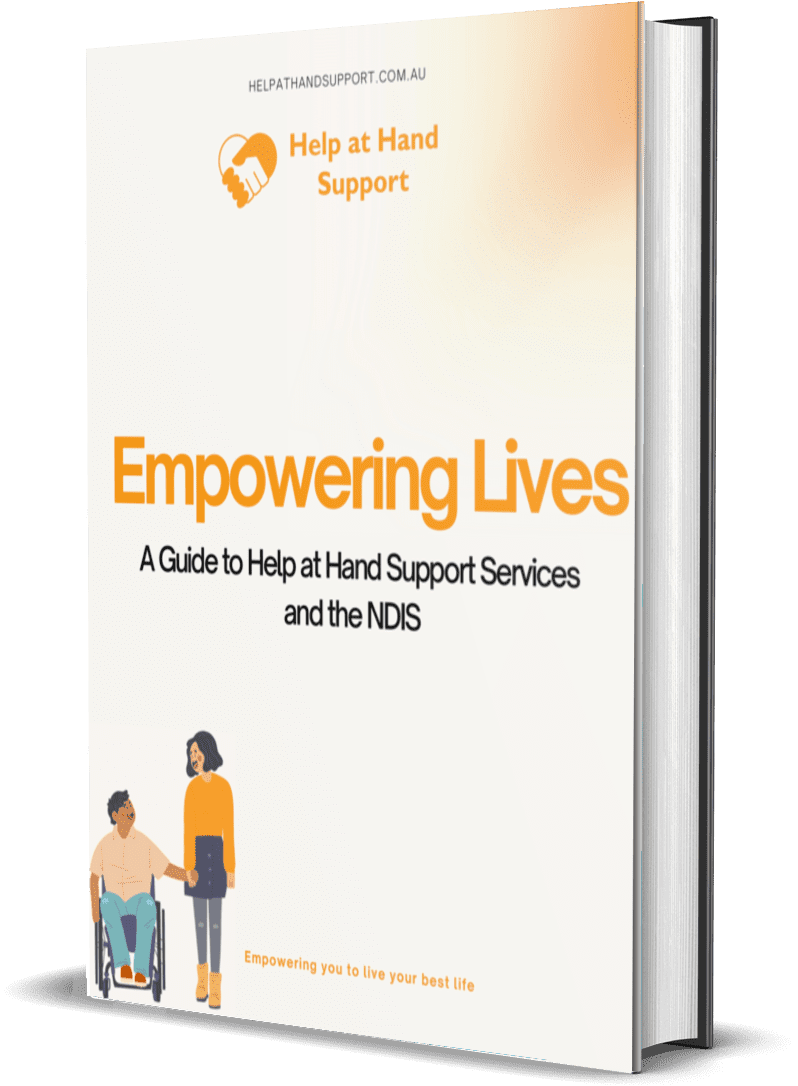What is Speech Pathology?
Making communication easier
Let us break it down
What does a Speech Pathologist do?
A speech pathologist, also known as a speech therapist, helps people who have difficulty speaking or understanding language. They work with individuals of all ages and help to assess, diagnose, and treat a variety of speech and language disorders. The therapist develops personalised treatment plans for each client and uses various techniques to help them improve their communication skills, such as exercises to strengthen the muscles used for speaking, teaching new vocabulary, and practicing conversational skills. Speech pathologists also work with individuals who have trouble swallowing, helping them to safely eat and drink.
How is the support funded?
You can either be privately funded, through an insurer or via the NDIA. If you are not sure give our team a call and chat through your options.
Speech Clinic, Pymble NSW
We now offer in-clinic speech therapy at our new practice in Pymble, NSW. You can learn more here.

Make a Referral
Ready to get started? Complete our easy and quick online referral form. If you prefer to discuss your referral, call our team on 1300 822 190.
Why choose HAHS Healthcare?
Smart Tech
We use tech to make life easier for you

Tailored Solutions
We provide tailored solutions for you

Trusted
We have experienced staff who provide quality supports.

Done Right
We ensure that we deliver on great service
Speech Pathology

John’s story
His background:
John is a 45-year-old man who suffered a stroke that left him with communication difficulties. As an NDIS participant, he was referred to a speech therapist to help him regain his ability to speak and communicate effectively.
Assessment:
The speech therapist conducted an initial assessment of John’s communication abilities and identified that he had difficulty with speech production, articulation, and comprehension. The therapist also noted that John was experiencing anxiety and frustration due to his communication difficulties.
Treatment:
The speech therapist developed a personalised treatment plan for John that included exercises to strengthen his speech muscles, improve his articulation, and develop his comprehension skills. They also worked on strategies to reduce his anxiety and frustration and increase his confidence in his communication abilities. The therapist used a range of techniques such as word association, breathing exercises, and visual aids to help John improve his speech and language skills.
Outcome:
Over the course of several months, John’s speech and language skills improved significantly. He was able to produce more words and communicate more effectively with his family and caregivers. He also reported feeling less anxious and more confident in his ability to communicate. John’s family and caregivers also noticed a significant improvement in his communication abilities and were delighted with the progress he had made.
Conclusion:
The speech therapist’s treatment plan helped John to overcome his communication difficulties and improve his quality of life. By addressing his speech and language impairments, as well as his anxiety and frustration, the speech therapist helped John to communicate more effectively and with greater confidence. This case study highlights the important role that speech therapists play in helping NDIS participants to achieve their communication goals and maximise their independence.
Sign up today
Let us help you start services ASAP
Want to chat?
Speak to our team about how we can help you with your NDIS plan




